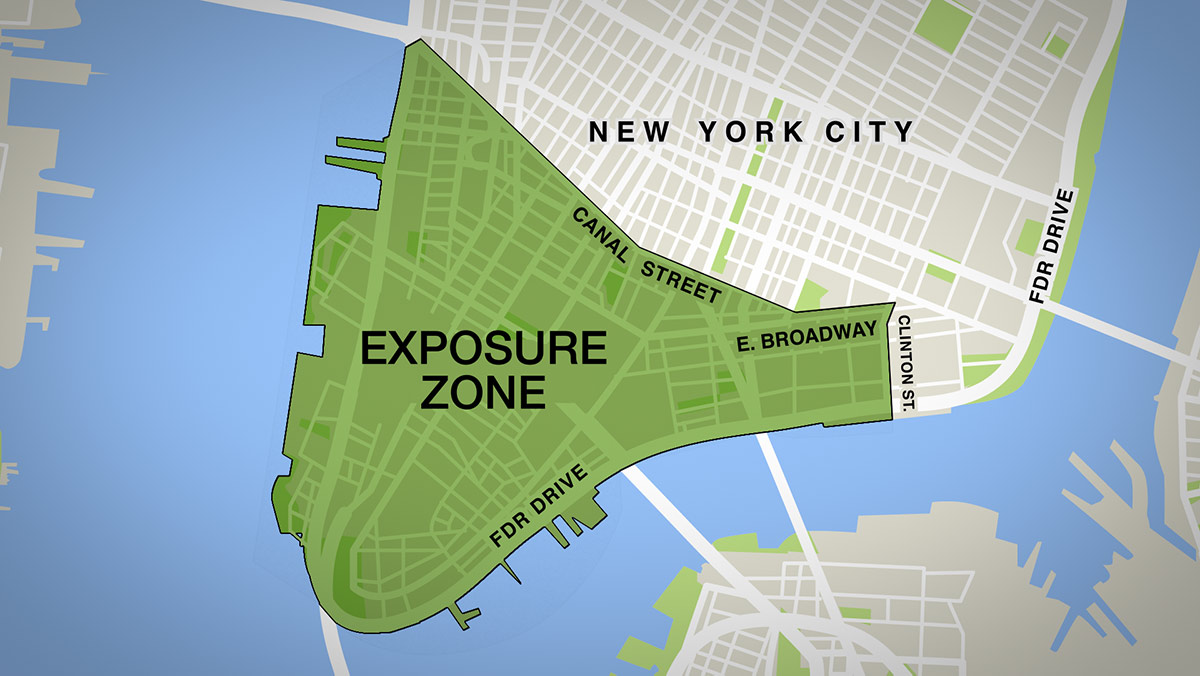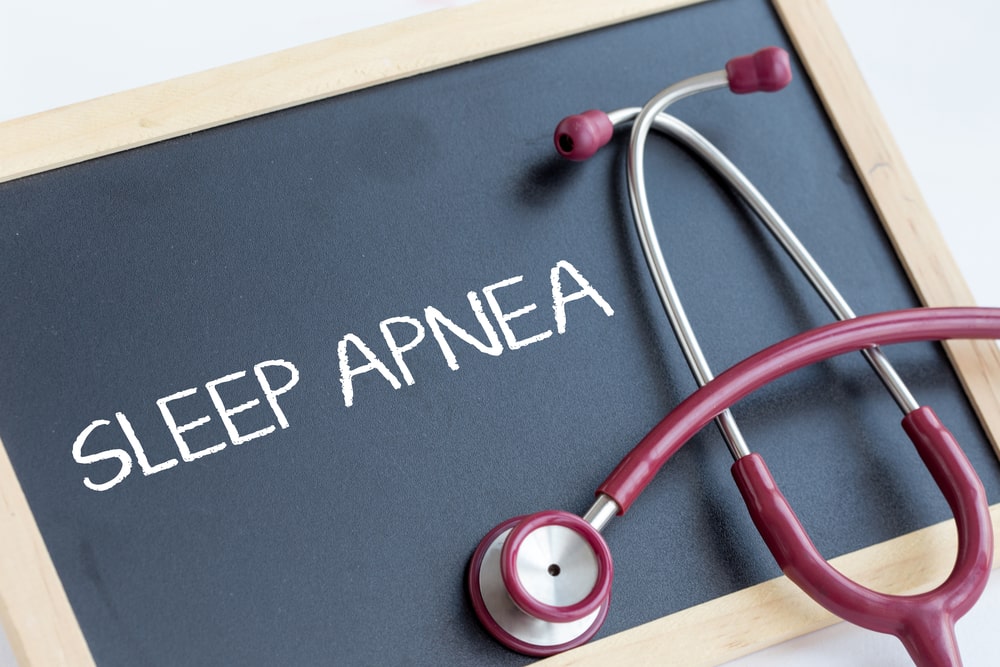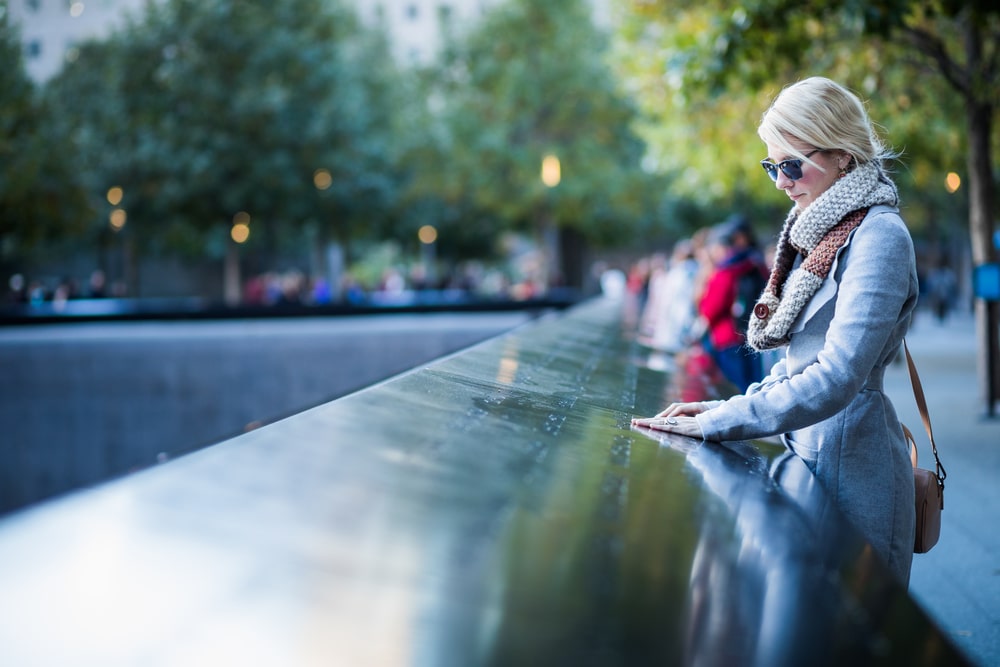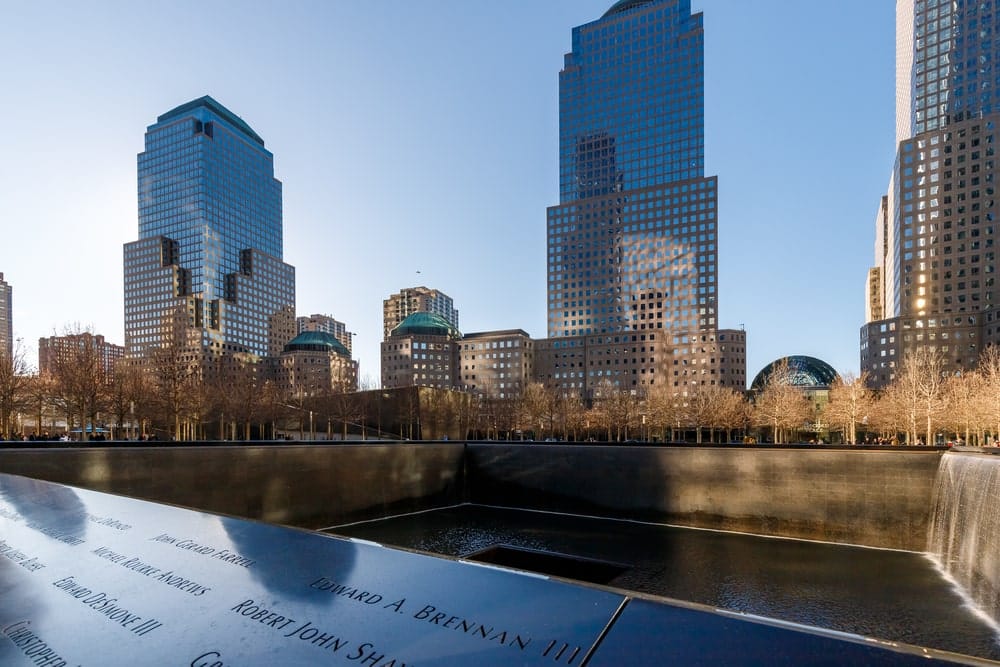Anyone who suffers from sleep apnea, and was present in the New York City Exposure Zone in the months following September 11th, 2001, may be eligible for substantial compensation through a federal program called the September 11th Victim Compensation Fund (VCF). The VCF provides compensation for pain and suffering, out-of-pocket medical expenses, and loss of earnings for 9/11-related sleep apnea.
In addition to cancers and respiratory diseases, many responders and those who lived, worked, and studied in the Exposure Zone on and after 9/11 were exposed to toxic air. Dangerous levels of asbestos, lead, chromium, benzene, and PCBs remained in the air and in the ventilation systems of schools and office buildings for months. As a result, hundreds of thousands of exposed people have developed debilitating health problems, including sleep apnea.
What is Sleep Apnea?
Sleep apnea is a condition that can negatively impact a person’s sleep and overall health. Studies show that individuals who suffer from sleep apnea are significantly more likely to also develop type 2 diabetes, strokes, or heart attacks.
There are three primary forms of sleep apnea—obstructive sleep apnea, which occurs when the muscles of the throat relax; central sleep apnea, which occurs when the brain fails to send important signals to the muscles responsible for breathing control; and complex sleep apnea syndrome, which is the combination of both.
Symptoms of 9/11 Sleep Apnea
Although loud snoring is one of the most common reasons people seek treatment for sleep apnea, some people with sleep apnea may not snore. The most common symptoms include:
- Snoring
- Periodically stopping breathing during sleep
- Gasping for air
- Frequently waking with a dry mouth
- Frequent headaches in the morning
- Insomnia
- Daytime sleepiness
- Irritability
A person who suffers from sleep apnea may stop breathing up to 30 times an hour, and these pauses can last up to a minute or more. Sleep apnea can dramatically impact an individual’s ability to get a good night’s sleep, and it can lead to additional long-term health problems and even death.
How is Sleep Apnea Diagnosed and Treated?
Most sleep apnea goes undiagnosed. Because there is no routine test that can detect sleep apnea, diagnosis is usually done at a sleep study center, where the patient is subjected to a sleep study overnight.
If an individual has been diagnosed with sleep apnea, treatment options include:
- Lifestyle changes, such as quitting smoking, losing weight, and getting more exercise;
- Taking medication for nasal allergies;
- Use of a continuous positive airway pressure (CPAP) machine, a device that the patient wears while sleeping;
- Oral appliances that move the jaw forward, or open the throat;
- Treatment for underlying medical issues that may be contributing to the sleep apnea;
- Supplemental oxygen; and
- Surgery, usually only if all other treatments have failed.
Sleep Apnea Medical Sources:
https://www.mayoclinic.org/diseases-conditions/sleep-apnea/symptoms-causes/syc-20377631
https://www1.nyc.gov/assets/911health/downloads/pdf/registry/sleep-apnea.pdf
9/11 and Sleep Apnea Development
Researchers at Mount Sinai Hospital studied more than 800 9/11 first responders who had been exposed to the toxic dust at Ground Zero. According to the study’s presenter, cardiologist Mary Ann McLaughlin, MD, there is a link between exposure to the toxic substances present in the dust cloud and sleep apnea.
“Elevated exposure to the particulate matter from 9/11 caused upper airway inflammation and is a significant contributing factor to the pathogenesis of obstructive sleep apnea,” said Dr. McLaughlin. “There is strong evidence in our study data showing a significant risk of inhaled particulate matter exposure and risk of obstructive sleep apnea in the studied group of WTC first responders.” As such, the WTCHP has certified sleep apnea as an eligible illness for medical treatment through the WTCHP and compensation through the VCF.
Call Weisfuse & Weisfuse, LLP
9/11 survivors and responders who have been diagnosed with related sleep apnea should seek immediate legal counsel with one of our experienced 9/11 fund attorneys. We provide thorough, dedicated legal services, and ensure access to the maximum compensation by submitting all necessary documentation on our client’s behalf, including medically-supported optional impact statements. Anyone interested in consulting about a 9/11 sleep apnea claim should contact the skilled legal team at Weisfuse & Weisfuse, LLP at 212-983-3000 today.






